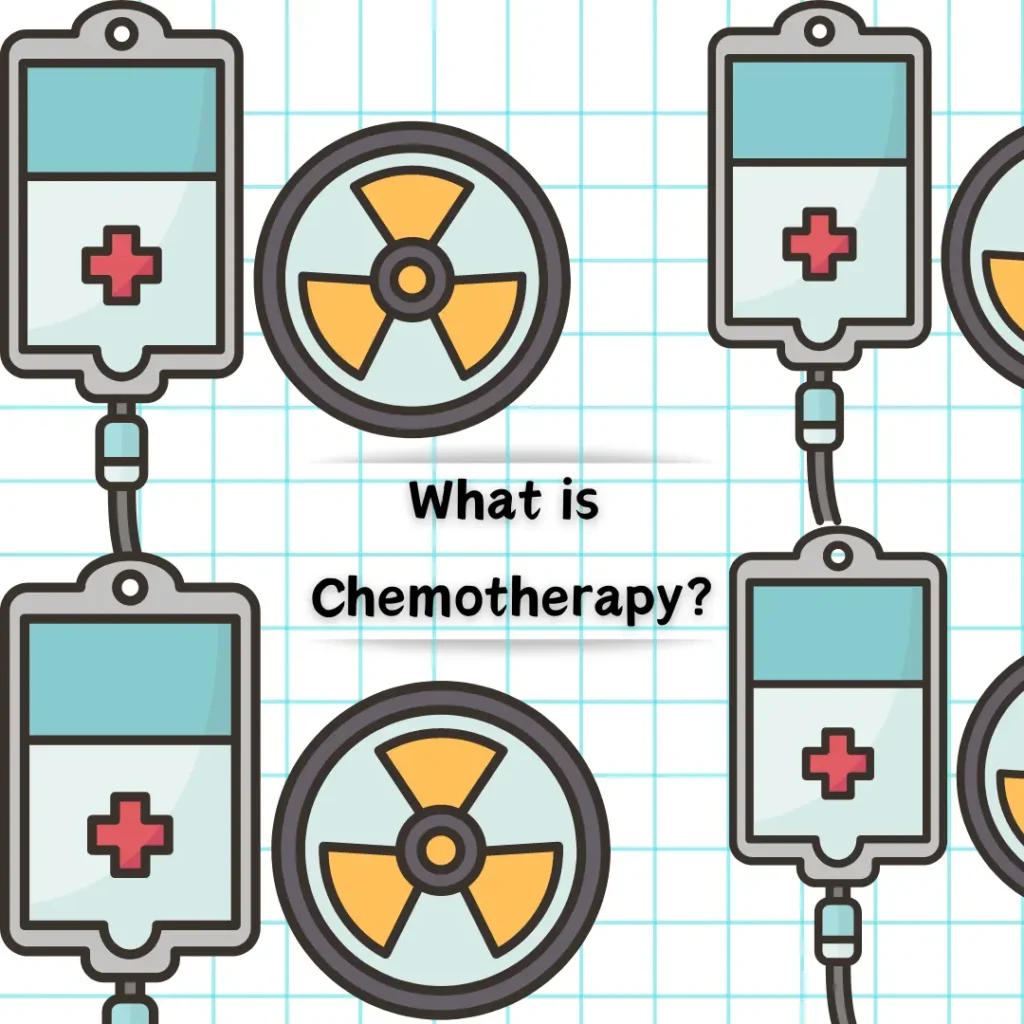Key takeaways: Chemotherapy has been the standard for treating mesothelioma, given
mesothelioma’s relative rarity, heterogenous presentation, and tendency to spread throughout the
body. Because chemotherapy is a systemic treatment–meaning it interrupts the life cycles of all
bodily cells–it’s largely effective in treating metastasized tumors and mesothelioma, more
generally. Despite its extensive list of side effects, chemotherapy is still the objective best course
of action for most mesothelioma patients.

What is Chemotherapy for Mesothelioma?
Chemotherapy is the standard for mesothelioma treatment, as it works to disrupt the life cycles of
all cells. There are different drugs with varying chemical structures and biological functions that
fall under the umbrella term of “chemotherapeutic;” if you’re interested in learning about the
technicalities of chemo differences, you can check this out. For our purposes, though, we’re
going to assume chemotherapy is one kind of “drug.” Chemotherapy refers to a class of
differently-acting drugs whose singular goal is to interfere with and stop unchecked cellular
growth.
Pemetrexed coupled with cisplatin is currently the most widely used treatment plan for
mesothelioma, as FDA approval and various clinical trials have affirmed its efficacy. In a review
study, researchers found that 40-50% of mesothelioma patients improved–in regards to symptom
management and cancer spread–after receiving a pemetrexed treatment.
Normally, chemotherapy is discussed in tandem with its side effects, including impacted
digestion, hair loss, skin and mouth lesions, and general fatigue. Despite these side effects,
though, chemotherapy is widely successful at killing cancerous cells and is still the most
common form of treatment. As doctors and researchers look towards the future of mesothelioma
care, given new treatment and diagnostic developments, the benefit-risk analysis of
chemotherapy is likely to be scrutinized.
Systemic Vs. Localized Treatment
Diagnostic and imaging techniques help visualize the cell type and spread of mesothelioma.
Depending on these findings, doctors might pursue a systemic treatment over a localized
treatment (or vice versa). For instance: if a patient has biphasic mesothelioma with minimal
metastasis, doctors might try to remove the tumors locally–healthy cells won’t be impacted. This
could look like specialized radiotherapy, surgery, or cryosurgery. If another patient has the same
diagnosis but with a significant amount of metastasis, then doctors might opt for a systemic plan,
or one that targets all bodily cells in hopes of killing the cancer cells
Do Mesothelioma Patients Need a Systemic Treatment Plan?
.
Because mesothelioma is diagnosed relatively late–its symptomatic and histological presentation
isn’t unique, and is therefore subject to differential diagnoses–treatment plans need to reflect the
stage, spread, and prognosis of its progression. For instance, if a patient had poor health prior to
diagnosis, they will likely receive palliative care instead of chemotherapy. Their bodies might
not respond well enough to chemotherapy, and the risks outweigh potential benefits.
Chemotherapy has serious ramifications for all bodily cells: it’s fantastic that cancerous cell
growth can be hampered, but it can be dangerous for healthy cells if a patient has underlying
complications. Ideally, future treatment plans will target only cancerous cells while leaving
healthy cells intact. If chemotherapy is still widely used, then certain prerequisites should be in
place prior to administration; doctors need to ensure patient safety and general health prior to
chemotherapy.
If you or a loved one has been diagnosed with mesothelioma, please call 1 (800)-505-6000. We
are here to help you navigate the legal process of filing a claim to receive compensation for your
mesothelioma diagnosis. We help mesothelioma victims and their families in Pennsylvania.
Sources:
